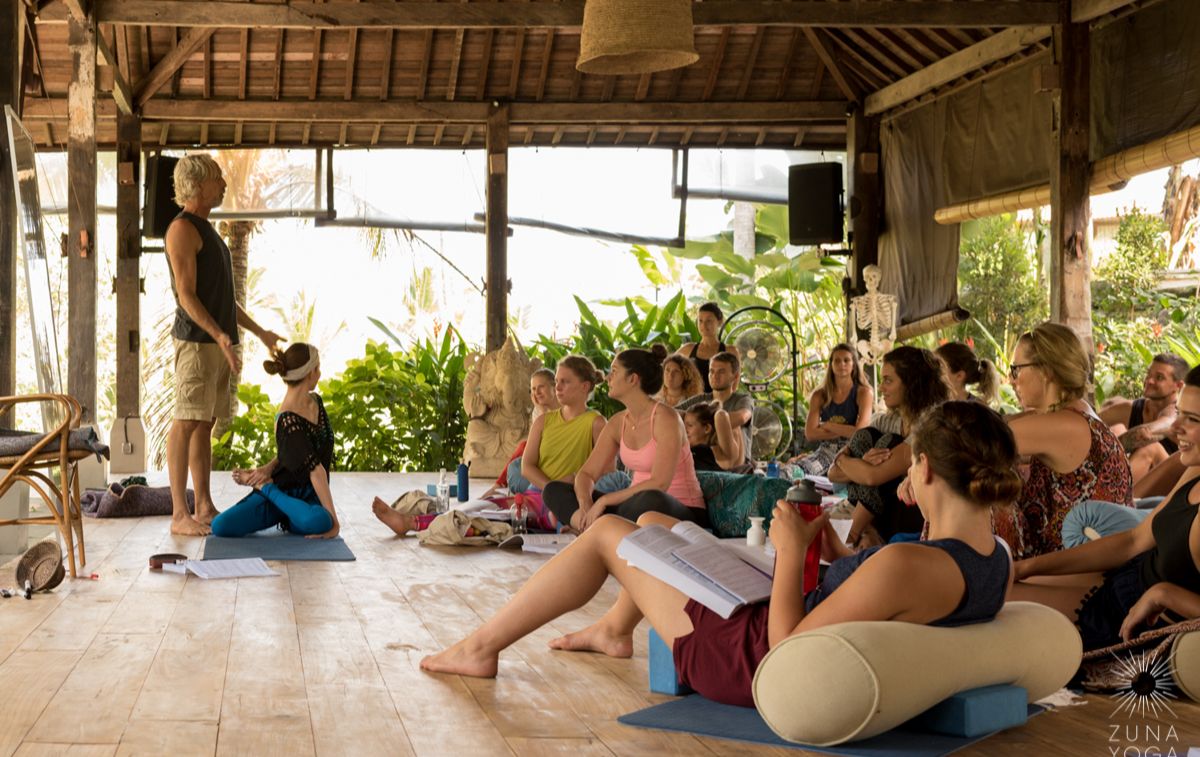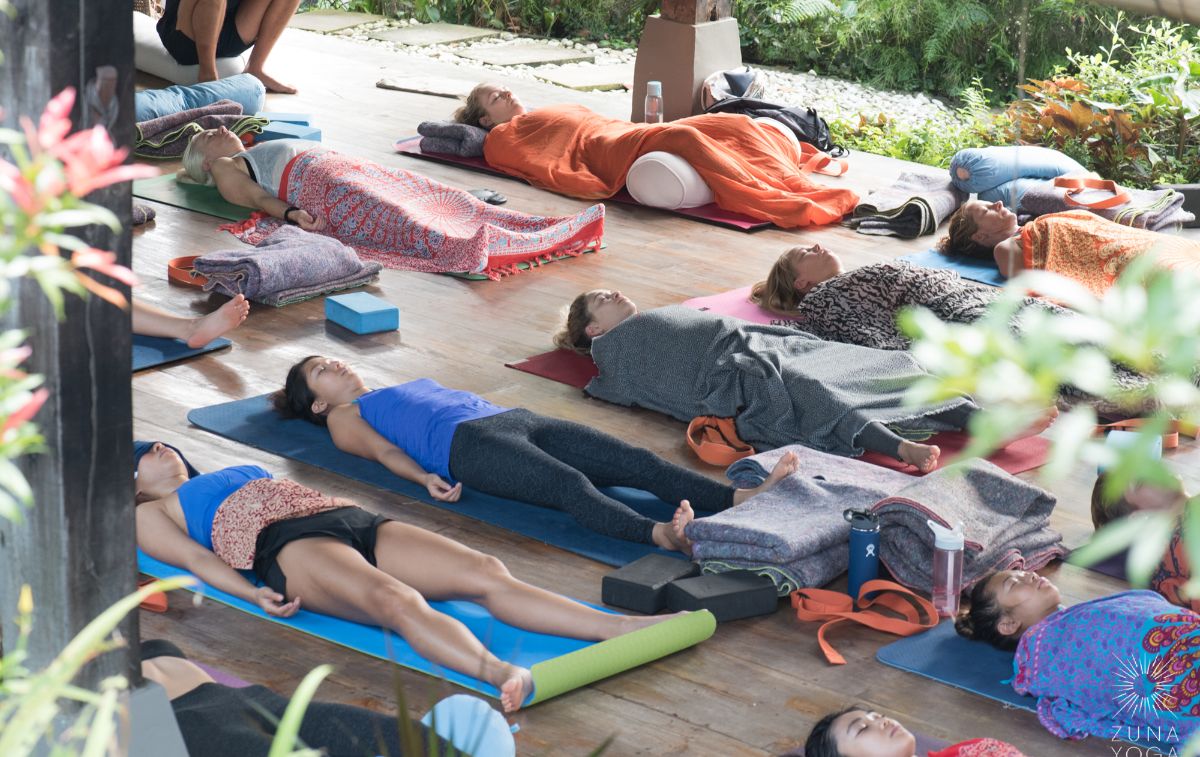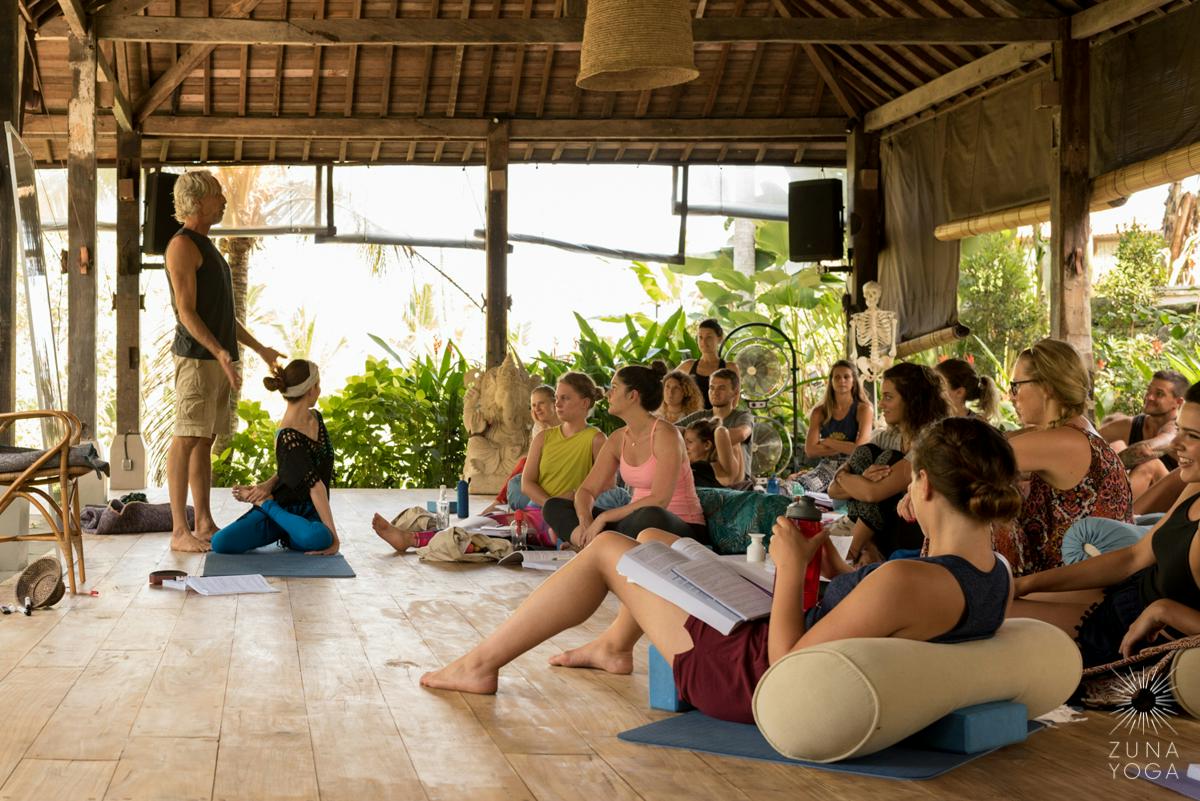In our last blog post “The Science of Meditation, Part 1,” we presented recent research from the fields of neuroscience and psychiatry on how meditation is good for the brain. Studies showed that meditation activates the parts of our brain we like to nurture; that is, the parts involved with memory, learning, and emotional regulation. We also saw that the amygdala – the part of the brain that makes us respond to stressful situations with irrational terror – actually shrinks with a continued meditation practice.
This is all great news. But what use is a sound mind in an unsound body? Here’s where meditation delivers its one-two punch: it’s good for your body, too. In Part 2 of our Meditation series, we look at how meditation not only makes us smarter and wiser, it also has a tremendous impact on physical health.
Stress – Cortisol – Disease
First, a primer on stress and the body. Stress makes us sick in myriad ways. Scientists have known for years that the key bioindicator of stress – elevated cortisol level – leads to lower immune function, reduced bone density, weight gain, higher blood pressure and cholesterol, heart disease, skin problems, chronic pain, digestive troubles, and a host of mental illnesses.
Herbert Benson, M.D., an American cardiologist, an Associate Professor of Medicine at Harvard Medical School, and founder of the Mind/Body Medical Institute at Massachusetts General Hospital in Boston, has spent decades researching this topic. He says, “Studies show that between 60% and 90% of all physician visits are for stress-related complaints.” Dr. Benson is the author or co-author of more than 175 scientific publications and 11 books on mind-body medicine that have sold more than five million copies. He is best known for his Relaxation Response technique, a form of simple meditation.
Other scientists are looking at specific mechanisms of excess cortisol in the body. “How Stress Influences Disease“, a 2012 study by Dr. Sheldon Cohen at Carnegie Mellon University in Pittsburgh, found that inflammation is partly regulated by the hormone cortisol. When cortisol production malfunctions, inflammation can rage out of control. Dr. Cohen says, “prolonged stress alters the effectiveness of cortisol to regulate the inflammatory response because it decreases tissue sensitivity to the hormone.
Specifically, immune cells become insensitive to cortisol’s regulatory effect.” In turn, runaway inflammation is thought to promote the development and progression of many diseases such as cardiovascular, asthma and autoimmune disorders. This model suggests why stress impacts these ailments. He also points out, “Knowing this is important for identifying which diseases may be influenced by stress and for preventing disease in chronically stressed people.”That’s the sobering news. Here’s the good news: simple meditation techniques can be powerfully effective in fighting these health threats. Let’s look at why and how.
Meditation is linked to lower cortisol levels
Simply taking a few deep breaths engages the vagus nerve. This cranial nerve transmits sensory information about the state of the body’s organs to the central nervous system, all at an unconscious level. Parasympathetic innervation of the heart is also controlled by the vagus nerve. Pinging this nerve triggers a signal within your nervous system to slow heart rate, lower blood pressure and decrease cortisol.
Meditation lowers blood pressure
In 2008, Dr. Randy Zusman, a cardiologist who is Director of the Division of Hypertension at the Massachusetts General Hospital Heart Center and associate professor of medicine at Harvard Medical School, asked patients suffering from high blood pressure to try Dr. Benson’s meditation program for three months. The patients’ blood pressure was not controlled with medication during the study.
After meditating regularly for three months, 40 of the 60 patients showed significant drops in blood pressure levels and were able to reduce some of their medication. Dr. Zusman gives the explanation: “It’s basically a plumbing problem.” Relaxation results in the formation of nitric oxide which opens up your blood vessels. As Dr. Zusman explained in an NPR interview, “You’re pushing the same amount of blood through a bigger pipe.”
Meditation can prevent premature aging
In a 2011 study published in Psychoneuroendocrinology, the University of California, Davis’s Shamatha Project showed that meditators have significantly higher telomerase activity than non-meditators. Telomerase, an enzyme that protects genetic material during cell division, can be suppressed in response to psychological distress. More telomerase could translate into more robust telomeres. Telomeres are the protective caps at the end of our chromosomes, and anti-aging science is taking a close look at how longer telomeres equate to longer life.
When telomeres become too short, they unfold, i.e. the caps pop off the chromosomes. Cells may detect this uncapping as DNA damage and then either stop growing, enter cellular old age (senescence), or begin programmed cell self-destruction (apoptosis). Many aging-related diseases are linked to shortened telomeres. The systems of the body deteriorate as more and more of their cells die off.
Meditation switches on immune-stimulating genes
Researchers at Harvard Medical School looked at the genetic impact of meditation in a study published in
2008. What they discovered is that, in long-term practitioners of relaxation methods such as yoga and meditation, far more “disease-fighting genes” were active, compared to those who practiced no form of relaxation. Good genes can switch on with a meditative practice. In particular, genes that protect us from disorders such as pain, infertility, high blood pressure and even rheumatoid arthritis were triggered.
The changes, say the researchers, were induced by the Relaxation Response. “We found a range of disease-fighting genes were active in the relaxation practitioners that were not active in the control group,” said Dr Herbert Benson, who led the research. “After two months, their bodies began to change: the genes that help fight inflammation, kill diseased cells and protect the body from cancer all began to switch on.”
New research on this subject from the University of Oslo, published last month in the journal PLOS ONE, has found more genetic evidence on the immune system boosting effects of a yogic practice. Study participants performed Sudarshan Kriya and Practices (SK&P), which include asana, pranayama, kriya and meditative components. The effect of these practices on the global gene expression profiles of peripheral blood mononuclear cells (PBMCs) was measured using blood samples of the yogis, before and after practice.
Meditation and yoga triggered “rapid and significant changes in … expression” of a whopping 111 genes in circulating immune cells. By comparison, other everyday relaxing activities, such as listening to music and or a stroll in nature (which we discussed in a previous article), impacted the expression of only 38 genes. The research suggests changes to the immune system “at a molecular level which [are] initiated immediately during practice and may form the basis for the long-term stable effects.”
Meditation and its benefits have been an important component of self-development and education in Eastern civilizations for millennia. Until recently, the practice has been mainly championed in the West by the woo-woo crowd. Today, meditation is meriting a serious double-take by even the most conservative of skeptics, as modern science continues to compile sectarian evidence supporting this ancient spiritual practice. Everyone — from atheists to asana junkies — can take advantage of increased brain performance and physical health using simple mental and breathing exercises. In our next article, we’ll present different meditation techniques and how to choose one that works for you.






